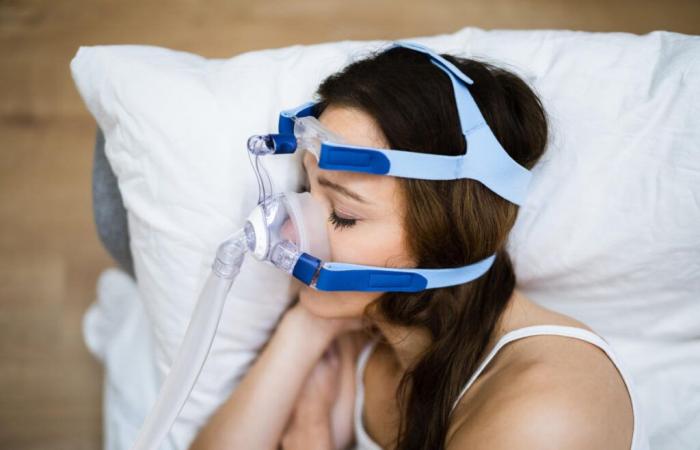Sleep apnea syndrome is manifested by repeated closures of the pharynx while sleeping, which causes micro-awakenings of which we are not aware but which are not without consequences on a daily basis. Sleep apnea causes drowsiness, difficulty concentrating, memory problems, and even irritability. Inserm estimates that 30% of people over 65 are affected by sleep apnea, even if many of them are not diagnosed. Treatment involves wearing a continuous positive airway pressure machine at night, a nasal ventilation device that allows the airways to remain clear during sleep. A particularly restrictive treatment, it must be recognized.
An implant placed under the chin
This is why the small clinical trial that British researchers from University College have just conducted will raise a lot of hope because it could well become an alternative to continuous positive pressure devices. These researchers implanted a chip under a patient’s chin to stimulate the hypoglossal nerve, which controls the muscles of the tongue. This chip, which remains inactive during the day, is activated at night by an external chip that the patient places on his chin using an adhesive patch before going to sleep. During the day, the patient removes the patch and recharges their device. He can also monitor the results (…)
Read more on Top Santé
“My patients who take this supplement never get sick in winter,” says doctor
This diet would increase the risk of dementia
Here is the best way to cook broccoli. These are scientists who tested (and approved) it
“I’m 102 years old and I’ve been drinking the same ingredient for years to maintain my vitality”
This vegetable is in first place in the ranking for boosting immunity according to a dietitian
Health






